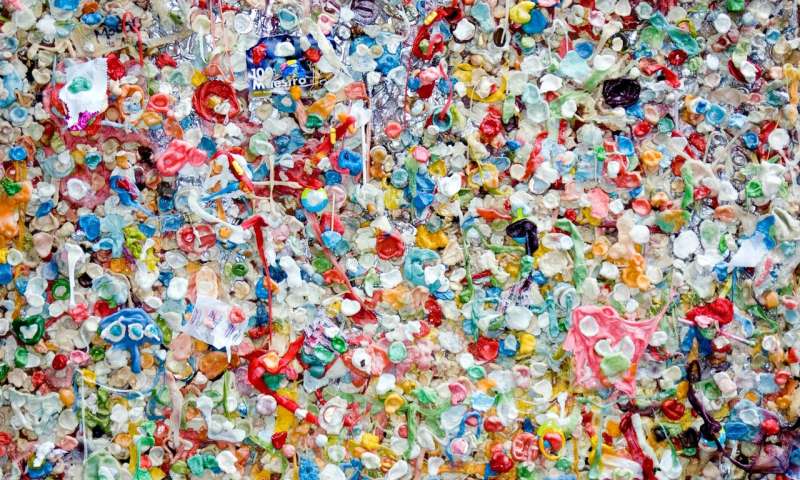Plastic pollution of land, water and air is a global
problem. Even when plastic bags or water bottles break down to the
point at which they are no longer an eyesore, tiny fragments can
still contaminate the environment. Animals and humans can ingest
the particles, with uncertain health consequences. Now, scientists
report that they are among the first to examine micro- and
nanoplastics in human organs and tissues.



